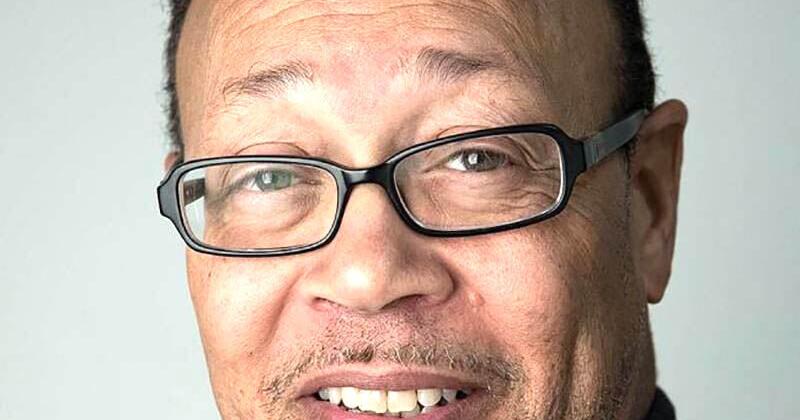
With the days surrounding Juneteenth tucked into the annals of history for another year, the state president of the NAACP wants the Black struggle to be a contemporary conversation not dusted off but once a year for a single day.
Black leaders around the country want the holiday’s federal status to not be the end goal but rather a stepping stone to more progress. Juneteenth, celebrated annually on June 19, is a time for communities to engage in not only celebrations but difficult discussions around racial inequality in the U.S.
On June 19, 1865, more than 250,000 enslaved people in Galveston, Texas received news of their emancipation two months after Gen. Robert E. Lee surrendered to Union General Ulysses S. Grant at Appomattox, marking a significant milestone in American history. This pivotal event commemorated the birth of Black Independence Day, a celebration embraced by African Americans across the nation.
President of West Virginia’s NAACP chapter, Darryl Clausell, emphasized the importance of staying diligent in the fight against racism in an interview with The Register-Herald.
“Many communities support and commemorate Juneteenth in West Virginia,” Clausell said. “In some areas, it has become a celebration of family, friends, and faith. It becomes a reminder that the American struggle against slavery can never be forgotten and serves as the backbone for a culture of people to remember that this struggle continues even now.”
For Clausell, those celebrations are important but can make people think that racism has been largely solved. He argued that city leaders can tend to use singular events to portray progress.
“City officials go through the motions to show support whether there is a true belief or pacifying the greater objective to look good for the bigger picture,” Clausell said. “Does it matter as long as everyone shows satisfaction of success for the brief celebration?”
Clausell hinted that perhaps Juneteenth events don’t do enough to create meaningful conversations, at least not as much as he’d like.
“Speeches are made, another group of people is celebrating a holiday, smiles are brought forth and people gather together,” Clausell said. “This is the look of a successful venue and then everybody disburses and goes home.”
Those aspects could be viewed as surface level and not an effective way to push the needle in terms of combating systemic racism. Clausell made sure to note that strong communities will allow for change to prosper.
“(Black Americans) have become too lax in believing that society has our best interests in mind,” Clausell said. “We can’t look to society for our livelihood. We must always be together in the same struggle as our ancestry to remain where we are and continue to move forward.”
The WV NAACP President furthered elaborated on his beliefs by stating the problems with current leadership in America.
“Today, certain groups of people want to take America backward, reestablishing a bondage of control against certain cultures and classes of people,” said Clausell. “Laws in many states have abolished the freedom of choice and created new groups of secondary citizens in our nation. Blacks have long been viewed as secondary citizens dating back to our ancestry.”
Coming back around to Juneteenth, Clausell honed in on the true purpose of the nearly 160-year-old holiday.
“Juneteenth is a celebration of awareness,” he said. “If asked today, what would be our ancestors’ wildest dream? I’m sure they would love to hear Black people say, ‘we have achieved racial equity.’ The powers of control do not want racial equity and bring forth legislation openly to support this statement.”
Clausell ended the interview by directly laying out what Black communities in America can do to come together and achieve that equity.
“Until Black people revert away from the tradition of Western civilization and revert to remembering the struggles of our ancestry, we then become the families, building friendships and relationships to achieve the dream our ancestors left us with,” Clausell said.
While the establishment of Juneteenth as a federal holiday was important for Black Americans, leaders such as Darryl Clausell want more to be done. For him the country needs to start moving forward instead of backward.


